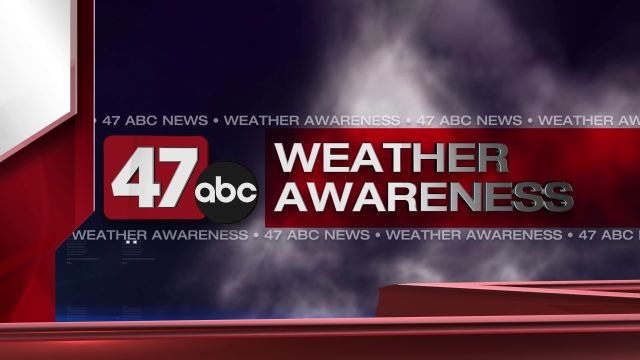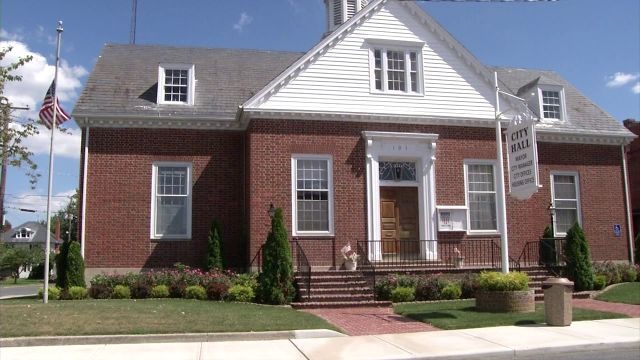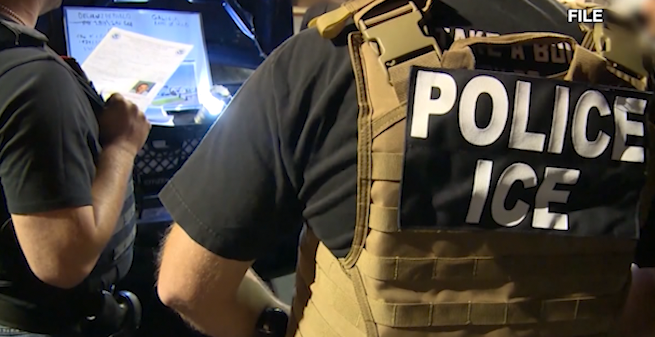Weather awareness: Hurricanes

Hurricanes are a force of nature unlike any other. They can be as large as 600 miles wide, have winds anywhere from 75-200 mph, and can last up to a week or longer. Hurricanes rotate counter-clockwise around a central point called the eye of the storm.
Hurricanes need warm ocean water, preferably warmer than 80 degrees Fahrenheit. The ocean provides the energy hurricanes need through the process of evaporation. They also need a light wind that blows in the same direction; this provides the ideal environment for strengthening. If the winds are too strong, then the hurricane can be torn apart and unable to reach its full potential.
The Saffir-Simpson scale is used to classify hurricanes. This is a wind scale rating from category 1 to category 5. The worst rated storm is a category 5 where winds are sustained at 157 mph or higher. The strongest hurricane ever recorded was Hurricane Patricia in October 2015 when winds reached a shocking 215 mph.
Contrary to what some may believe, winds are not the most deadly part of a hurricane. Storm surge is the leading cause of death for tropical systems. As a hurricane strengthens and rotates around a single eye, water builds up underneath it, and that built up water rushes on land and causes major flooding once the storm comes ashore.
Delmarva is especially prone to Hurricane damage due to its closeness to the shore and surrounding waters. Some of the costliest and most deadly storms to impact Delmarva were Hurricane Hazel in 1954, Hurricane Agnes in 1972, Hurricane Isabel in 2003, and Hurricane Sandy in 2012 when 11 people lost their lives in Maryland.
A Delaware resident and local storm chaser who came face to face with Sandy back in 2012 says he encountered flooding roads and houses with shattered windows and roofs blown off.
A Hurricane Watch is issued when hurricane conditions are possible within 48 hours. A Hurricane Warning is issued when hurricane conditions are likely within 36 hours or less and action should be taken immediately. When a watch or warning is issued, evacuation orders may soon follow. Heeding those orders is crucial in keeping your life safe.
In the event of an approaching dangerous storm, some local schools and churches will open their doors as shelters for those seeking a safe place to ride out the storm.
Preparation is probably one of the most important things before a hurricane hits. First, determine your risk. Is your house in danger or are you in a flood zone? Second, secure an insurance check-up by calling your insurance company to see if you’re covered. Also, develop an evacuation plan with family and assemble a disaster kit. Lastly, strengthen your home by bringing in lawn furniture and boarding up windows if necessary.
It’s important to determine your emergency plan before hurricane season starts because you never know if this season will bring the next big one.


